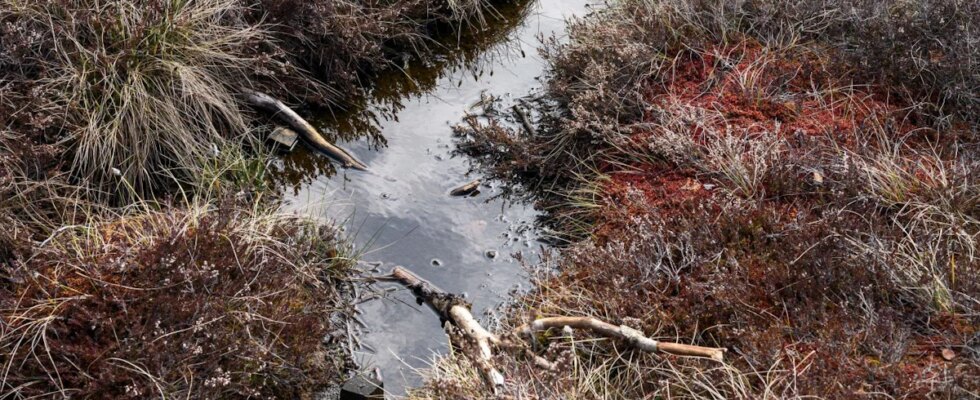The EU states have cleared the way for a controversial nature conservation law. This will see more trees planted in the European Union and moors and rivers restored to their natural state. A sufficient majority of EU states approved the plan, which has been criticized primarily by farmers and conservatives, on Monday in Luxembourg, as the current Belgian EU Council Presidency announced.
The nature conservation law is part of the largest project of the EU Commission under President Ursula von der Leyen: the so-called Green Deal – an unprecedented package of measures and laws that, among other things, is intended to ensure a drastic reduction in greenhouse gas emissions. The Green Deal includes new requirements in areas such as energy, transport, industry and agriculture. By 2030, renewable energies are to account for 42.5 percent of total energy consumption in the EU – which also serves the aim of becoming independent of Russian gas.
:May the Green Deal rest in peace
It was Ursula von der Leyen’s core brand: the ecological turnaround. The European Parliament is now adopting some of the remaining items of her program – but in agriculture, von der Leyen’s party is pushing through a turnaround in a fast-track procedure.
After the various climate laws have been passed, the big challenge now is implementation. Stricter rules for agriculture were partially withdrawn a few weeks ago following major farmers’ protests in many EU countries. A nature conservation law that was actually planned was recently in jeopardy again.
The project was the subject of long and intense debate. The EU Commission proposed the so-called Renaturation Act almost exactly two years ago. According to official figures, around 80 percent of habitats in the European Union are in poor condition. In addition, ten percent of bee and butterfly species are threatened with extinction and 70 percent of soils are in poor condition.
The EU countries and the European Parliament had actually already agreed on a compromise in November. According to this, farmers will no longer be obliged to make a certain percentage of their land available for environmentally friendly measures, something that farmers had feared. Acceptance by both co-legislators, the EU states and the Parliament, is usually a formality. The European Parliament also gave its final approval to the law in Strasbourg. However, a number of countries are still against the plan.
The majority now came about through a change of course by Austria
The majority came about as a result of a change of course by Austria. The Austrian Climate Protection and Environment Minister Leonore Gewessler (Greens) approved the law, thereby opposing her conservative coalition partner, the Chancellor’s party ÖVP. Gewessler has thus triggered a coalition crisis just a few months before the Austrian parliamentary elections. “The time for determination has come,” Gewessler said on Sunday before a meeting of EU environment ministers on Monday.
Austria’s conservative Chancellor Karl Nehammer had already declared Gewessler to be without authority in this matter before the vote. Nehammer informed the Belgian Council Presidency on Sunday evening that Gewessler was not allowed to agree. A yes from the minister would result in an action for annulment before the European Court of Justice, the Federal Chancellery announced. Nehammer argued that Gewessler was bound by a joint resolution of the Austrian federal states against the law.
With the approval of the EU states, the law has actually been passed. If no further legal pitfalls arise with regard to Austria’s approach, the legal text would only have to be translated into the official EU languages and published in the Official Journal so that the provisions can come into force.

